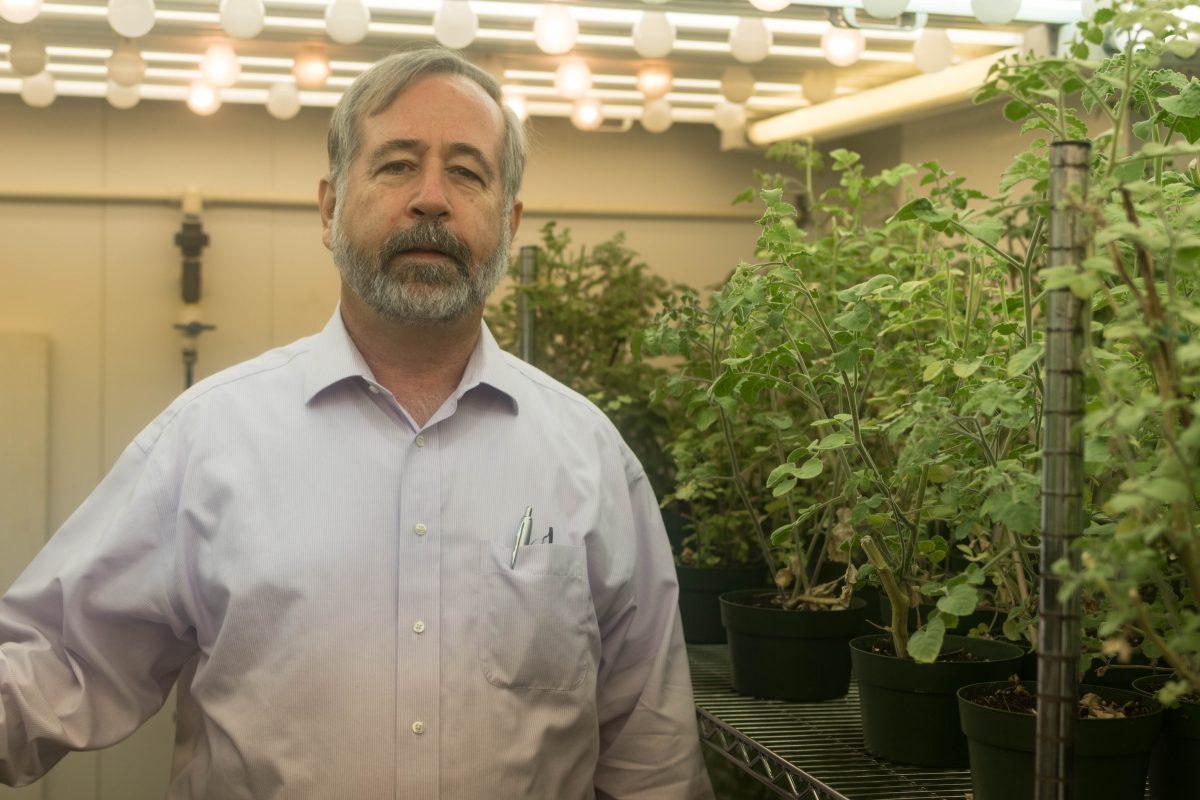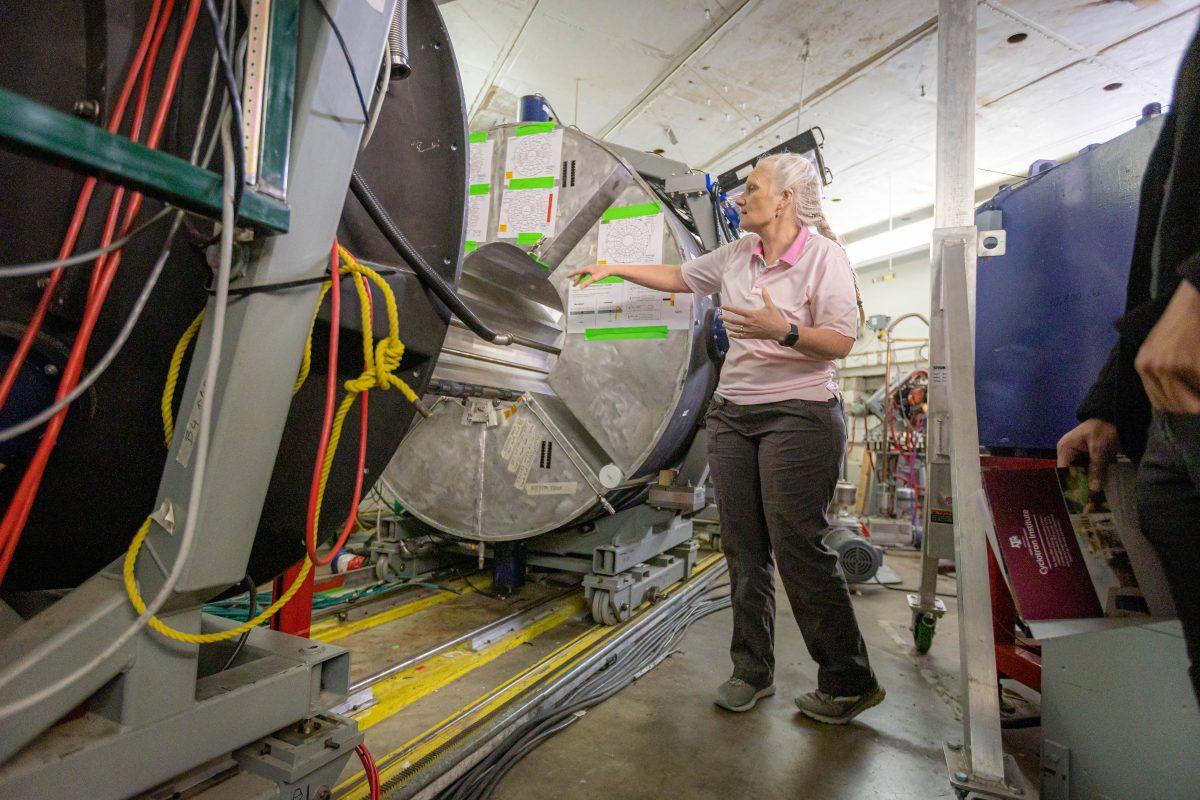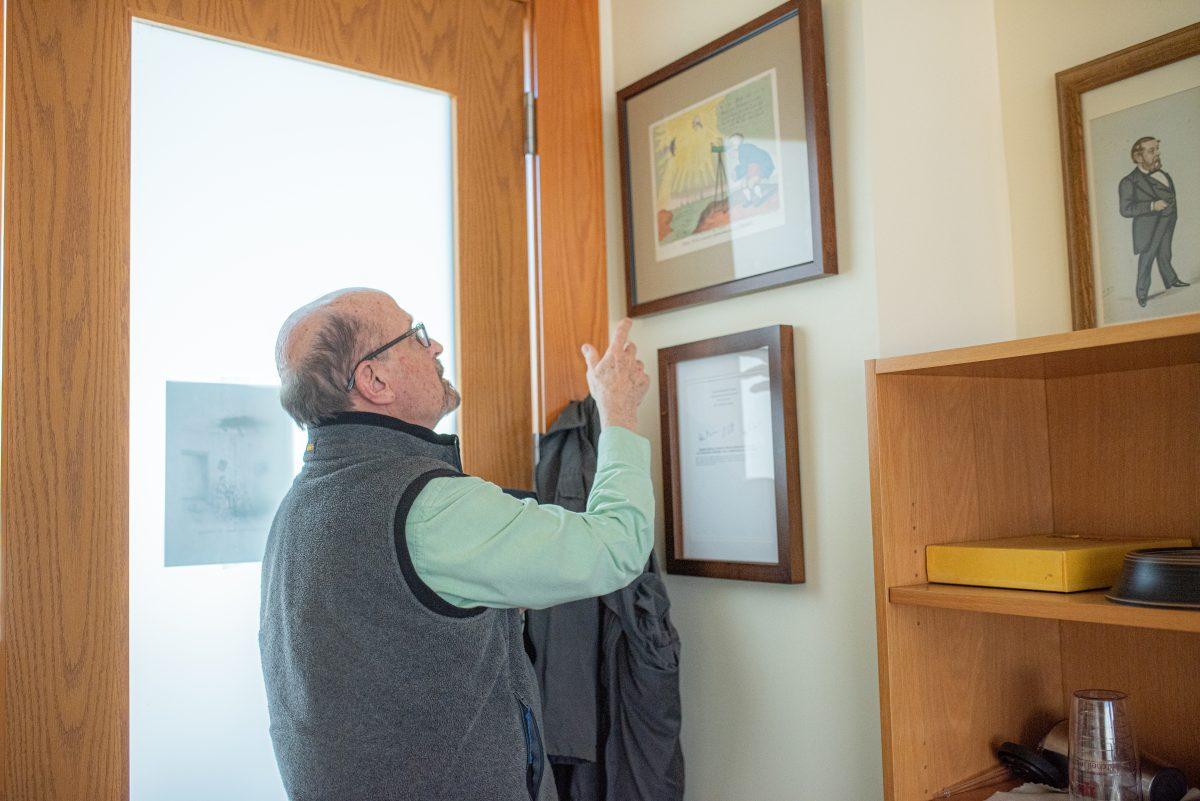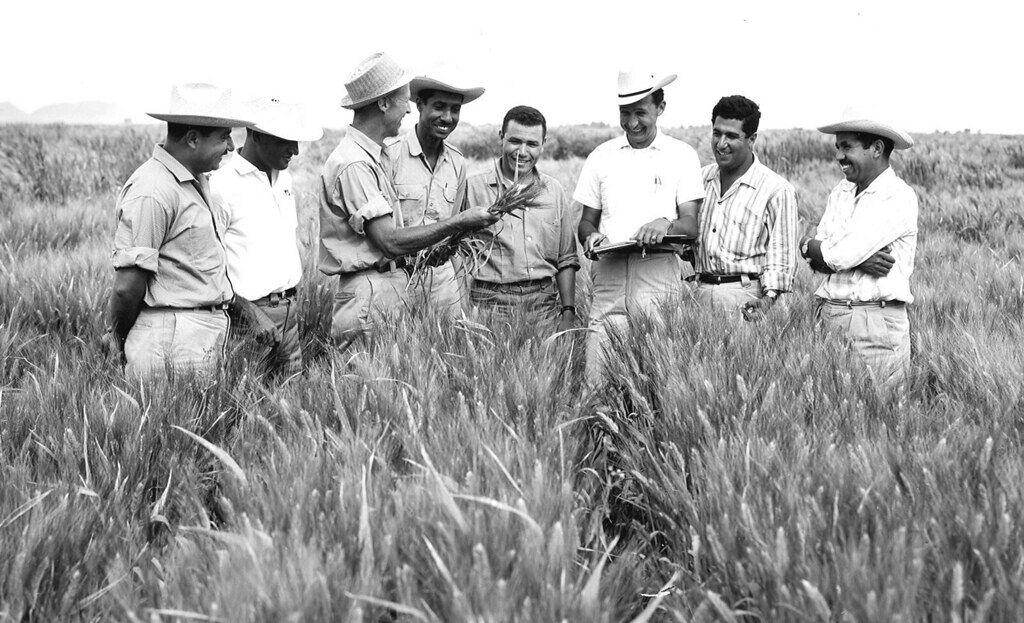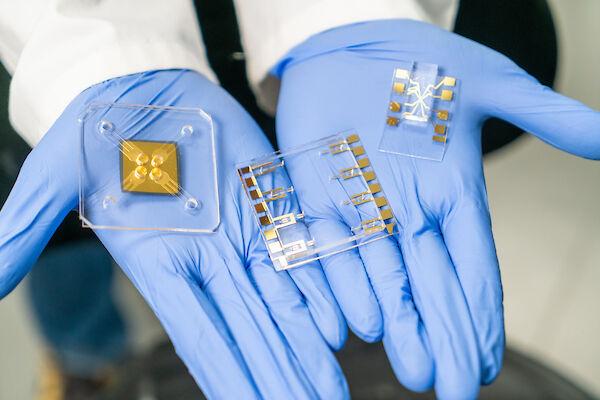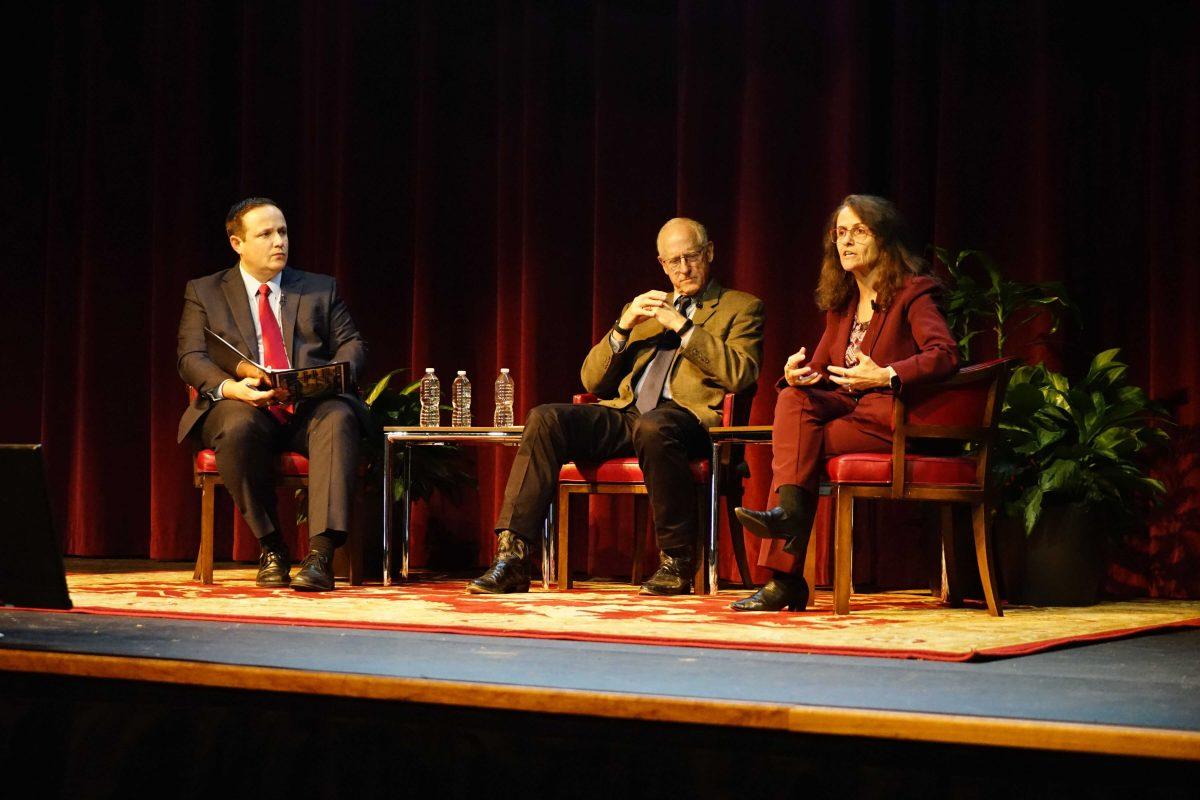Insects are known historically for the destruction of crops, but are now Texas A&M and University of Texas at Austin are collaborating to research saving these insects by resisting harmful bacteria.
The head of the biology department, Thomas McKnight, is receiving funds from Defense Advanced Research Projects Agency (DARPA) to conduct a research study about aphids. The purpose of the research intends to transfer modified genes into the bugs and then from the bugs into crops.
According to Blake Bextine, as published by DARPA, Insect Allies is a program intended to transform pests into allies.
In traditional agriculture to tackle insects, farmers participate in crop rotation, selective breeding, pesticides, slash-and-burn clearing and quarantine. Although these responses offer a solution, it is only temporarily, as these solutions are not fitting for the rising number of insects and to shelter matured plants, according to DARPA.
The Insect Allies program is focused on providing substitutes for the traditional methods that have been used for years. These new approaches target gene therapy, which will aid in sheltering the mature plants within a single growing season.
The research extends to four universities and labs, according to McKnight. Cornell, Penn State, University of Texas and Ohio State are all contributing groups of researchers by funds from DARPA.
“What DARPA is interested in, in this project, is the way to confer resistance to threats immediately to crops that are already growing in the field without having to wait ten years,” McKnight said. “So if a new disease shows up, they want to be able to protect the plants that are already in the field against that.”
According to McKnight, in traditional genetic engineering in plants is by putting a gene-using bacteria to implant a gene into a couple of plants. As the plant grows, the genetic makeup of the entire population is altered permanently.
However, this new method involves aphids, a common pest on many plants that eat new clusters of growth.
“This is going to be much different because we’re going to depend on aphids to transmit a little piece of DNA carried inside a virus to the plants,” McKnight said. “Aphids feed on plants and as they are sucking the juice out of the plants, some of the contents from the aphid gut ends up inside the plants.”
The plan following the insert of the virus into the aphid is to transmit it into the plant itself. Once the virus spreads throughout the plant, it will make the plant’s cells resistant, according to McKnight.
With this process, large plant populations will develop an immunity to devastating pathogens, and in turn entities in the agriculture industry can escape the burden of saving crops before they are to be harvested.
Lee Tarpley, professor of crop physiology in the department of soil and crop sciences, is doing similar research to that of McKnight, but with chemical compounds instead of aphids.
“Dr. McKnight’s research is tricky business, but potentially high reward because we lose billions of dollars in crop losses due to sometimes subtle effects of environmental stresses and diseases,” Tarpley said. “If there is a way to help trigger the plant’s own defenses then that could open doors to novel crop management practices.”
From harmful to helpful
October 19, 2017
Photo by Photo by Dalia Muayad
Thomas McKnight, the head of the biology department, is researching ways to save crops from destruction by insects.
Donate to The Battalion
Your donation will support the student journalists of Texas A&M University - College Station. Your contribution will allow us to purchase equipment and cover our annual website hosting costs.

















